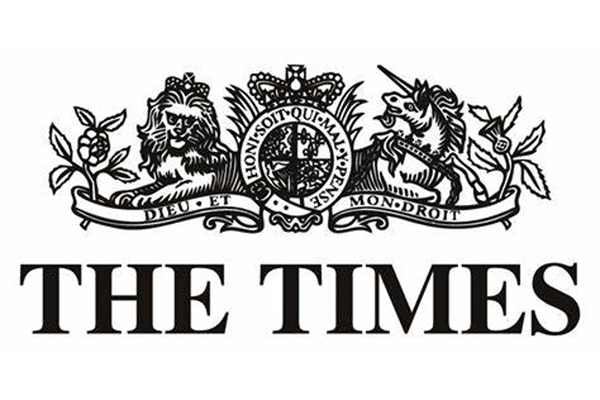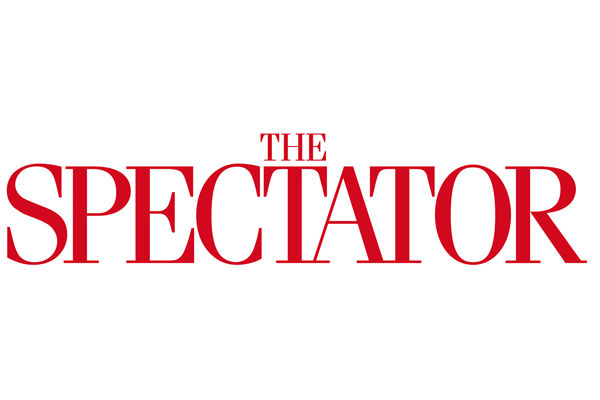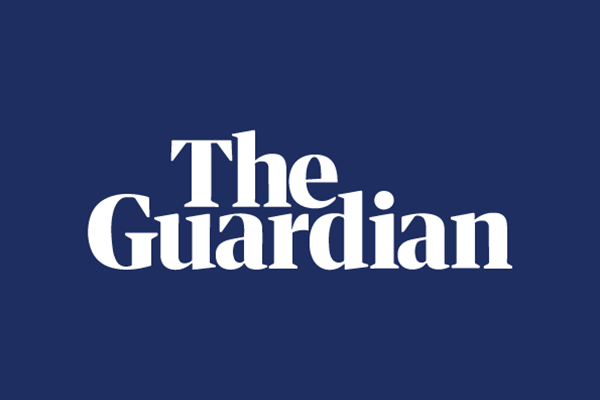A selection of our recent appearances in the UK media.

The Times
18 January 2026
Welcome to the front line on the battle for the right: Mansfield
The rationale for Robert Jenrick’s defection to Reform becomes clearer when you see how loyalties are shifting in the East Midlands
To call the East Midlands a bellwether region is an understatement. Since 1964, the party with the most votes here has also won the most votes nationally in a general election. The East Midlands seat of Loughborough has elected an MP for the party that has gone on to form government in the last 14 general elections — a record surpassed only by Dartford in Kent. The region’s mix of post-industrial towns, student enclaves, ethnic diversity, rural idylls and farmland makes it as close to a proxy for provincial England as you can get.

The Times
11 January 2026
Who is Sir David Attenborough’s natural heir as a national treasure?
When it comes to national treasures, there is only one winner: Sir David Attenborough. The natural historian, who turns 100 in May, easily topped a list of the most-cherished Britons in a survey conducted by More In Common for The Rest Is Entertainment podcast.
All age demographics selected Attenborough as their favourite national treasure, with little to choose between the runners-up among the older generations.
More surprising are the national treasures of the future, as selected by millennials and Gen Z. Adele, the pop singer, Alison Hammond, the TV personality, and JK Rowling, the Harry Potter author, are among those jostling to inherit Attenborough’s crown among younger demographics.

The Spectator
10 January 2026
Polling from More in Common finds that three in five voters believe SEND support should remain a legal entitlement to all who need it. This figure jumps to 72 per cent among Labour’s 2024 voters: the highest figure of any voter group. ‘There is sympathy from some about the idea of overdiagnosis – though almost as many people think there is underdiagnosis – and there is real reluctance about reducing or restricting support,’ says More in Common pollster Luke Tryl. ‘This could be very much in the territory of the personal independence payment reforms where Labour struggles most with its own voters.’

The Guardian
10 January 2026
Two-thirds of UK voters wrongly think immigration is rising, poll finds
A large majority of UK voters believe immigration is increasing despite sharp falls in the number of people entering the UK, according to exclusive polling shared with the Guardian.
Voters also say they have no confidence in the government’s ability to control the UK’s borders, according to the poll by More in Common. The results will come as a blow to Keir Starmer’s administration, which has taken an increasingly hardline stance on immigration in recent months.
Net migration to the UK fell by more than two-thirds to a post-pandemic low in the year ending June 2025, but 67% of the people polled thought it had increased. Among Reform voters, four in five thought immigration had grown, and more than three in five (63%) believed it had “increased significantly”.

The Sun
10 January 2026
Disaffected Labour voter Clair Foster, 51, a full-time carer for her disabled daughter, added: “Labour wastes money and it’s a vicious cycle. It’s just robbing Peter to pay Paul. They promise everything and you get nothing.”
A new survey lays bare the scale of the crisis and reveals most voters are blaming Labour.
Luke Tryl, of More in Common, which carried out the survey, said fury at sky-high costs is fuelling political fragmentation. He said: “Those who feel most hit are abandoning the traditional parties for those such as Reform and the Greens, which promise to up-end an ‘expensive’ status quo. “If 2026 is going to be the year of Labour’s reset, it urgently needs to convince people it both understands their struggle and is doing everything it can to try to tackle the crisis.”

The Times
4 January 2026
Mayday, mayday elections loom for Labour. Will Wes Streeting pounce?
This weekend, a poll for The Sunday Times by the think tank More in Common projects that Reform would win 381 seats if an election were held tomorrow. According to the analysis, conducted with more than 16,000 voters, this would give Nigel Farage’s party a commanding majority of 115 seats.
Reform is winning not just in coastal Essex and the red wall but in seats covering university towns, market towns, post-industrial cities and commuter suburbs.
Labour, which secured a landslide victory in July 2024, is projected to slump to 85 seats — a loss of 326. Its remaining MPs would be clustered in a handful of urban strongholds: London boroughs like Barking, Battersea and Hackney; university cities such as Cambridge and Oxford East; parts of Merseyside; and a scattering of metropolitan centres.